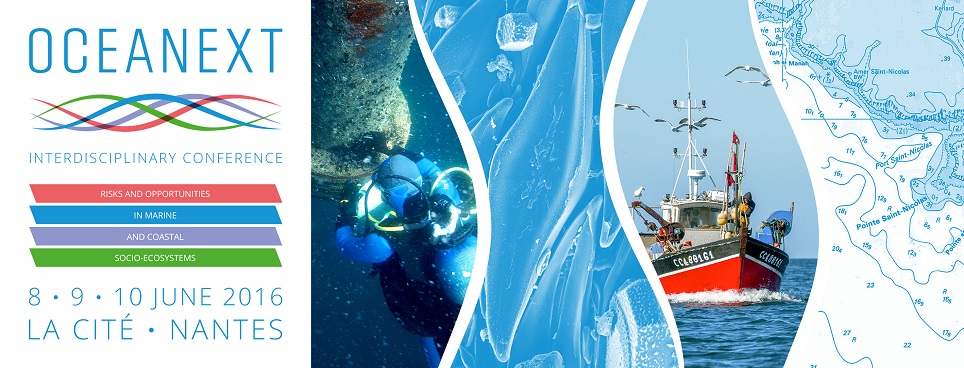Algae washed ashore have been traditionally used in Galicia (NW Spain) as fertilizers for agriculture purposes, with emphasis on coastal and close by farmlands. This large use responds to: first, the rural knowledge on the positive effects of algae on farmlands due to their soil-improving properties (e.g. protection against erosion and overcompaction, and improvement in water-retention capacity) and crops-growth-enhancing properties (e.g. richess in nutrients and biostimulation power); second, the high abundance of algae in Galician shores. This nothwithstanding, algae have nowadays become a non-exploited resource in Galicia, being sometimes considered as simple waste. As against this regard, some researchs have recently found out evidences supporting the high value of algae as organic fertilizers. Taking into account the lack of organic fertilisants in the market, algae may constitute a highly remarkable resource for an enduring sustainable exploitation in Galicia.
[Methods] Aiming towards a multidisciplinary approach, three different targets were surveyed: two soil scientists studying the potential value of algae as efficient organic fertilizers; an historian studying the role, relevance, and social implications of algae within Galician farming areas throughout its history; two peasants still using algae as farming fertilizers.
[More info] The extent version of this article was published in GCiencia (http://www.gciencia.com/premio-comunicacion-cientifica/contar-a-ciencia-2/algas-no-agro-galego-saber-popular-e-ciencia-por-un-futuro-sostible/) in June 2015 in Galician. Full versions are also available in Portuguese, English, French, and Spanish.



